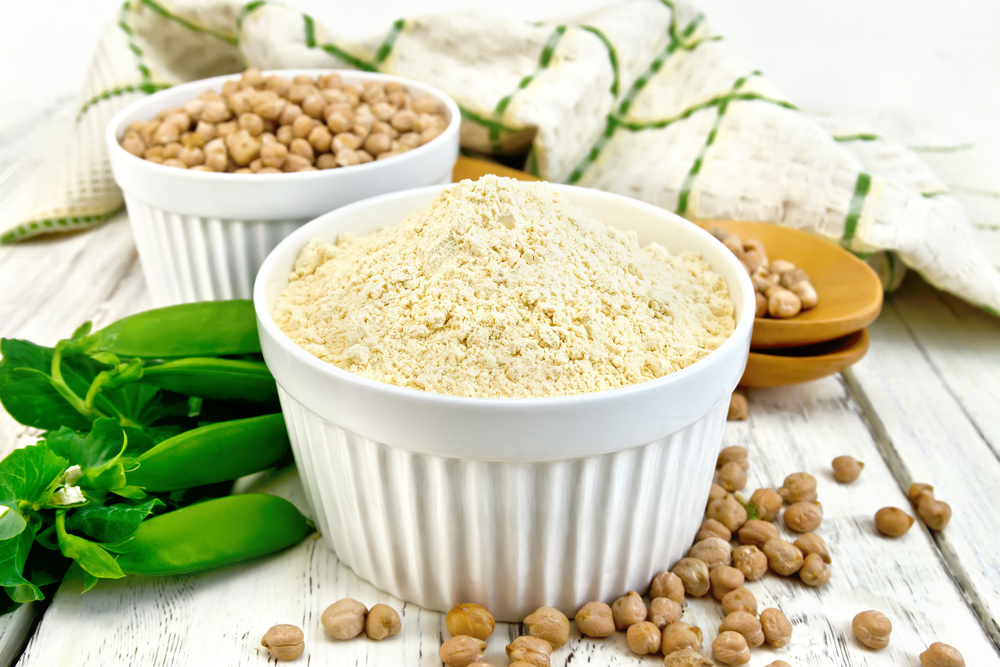
There is definitely a struggle among vegans and vegetarians on how they find ways to nourish their bodies with enough protein to sustain their modern lifestyle. Despite legumes are helpful in your diet, there is a difficulty on how the body digests them and may pose possible negative side effects. Despite being rediscovered and marketed in health foods stores in Western countries recently, peas have been cultivated since at least 6000 BCE (Before Common Era). What is pea protein and why is it important to consider it to be included in your diet?
What Is Pea Protein?
Peas are a part of the legume family or simple, dry fruits or vegetables contained within a pod or a shed, which includes well-known sources of vegetable protein. In recent years, pea protein has come to take the center stage as a main ingredient in protein powder supplements after soy protein has been for generations. Marketers use the term “pea protein” to refer green or yellow peas (pisum sativum). If you have ever eaten or cooked a split pea soup or an Indian dal, they use the dried split peas as raw materials in making pea protein based powders.
Health Benefits of Pea Protein
Pea protein is said to be one of the best proteins for human consumption. Its benefits include:
- Ease of digestion
- Lack of allergens
- Ideal amino acids for sports
Some users may find soy and other protein sources to be difficult to digest, but because of the unique composition of peas, it has been found to be one of the most digestible protein source available. Also, some people may have shown to experience allergic reactions from soy, whey, egg, and animal-based proteins, and the potential for allergic reaction may increase with repeated consumption.
Pea protein perhaps benefits sports enthusiasts mostly as they contain an ideal combination of essential amino acids that significantly improve sports performance such as:
- Lysine, for balanced nitrogen levels in muscles
- Glutamine helps restore nitrogen balance after a heavy workout
- Arginine promotes muscle metabolism and a healthy heart
- Leucine, isoleucine and valine (branched-chain amino acids) help maintain tissues during exercise
Pea Protein May Help Prevent Kidney Disease
According to a Canadian study reported in Medical News Today, a web-based outlet for medical news, in 2009, it revealed that peas may have been an effective way to combat high blood pressure and kidney disease. According to the article, incidences of chronic kidney disease (CKD) has increased at an alarming rate since the 1990s. CKD often leads to drastic treatments such as kidney transplant or kidney dialysis.
High blood pressure is a critical aspect of CKD that leads to other serious diseases such as heart disease. High blood pressure and kidney disease is considered a “two way street”: lifestyle or work induced hypertension leads to high blood pressure, which in turn leads to kidney disease. In turn, kidney disease also leads to a high blood pressure. Since pea protein aids in lowering high blood pressure as well as it seems to aid in helping the kidneys to flush out the toxins. It has been both preventive as it is also treatment potential.
Interestingly, the researchers also have found out that pea protein extracts were more valuable than natural peas because of the enzymes used in the protein extraction process. However, the article did not state whether the pea proteins used in health supplements have undergone the same process. But, the general health benefits of pea protein, both powdered form and natural, are uncontested.

Natural Peas or Pea Protein Powders?
Studies also have revealed that the boiled green peas that the parents encourage their children to eat contain 8 grams of protein, very low levels of fat, high levels of essential vitamins and minerals and over 50 percent of the recommended daily allowance of potassium. Powdered form of pea protein have the advantages of having higher levels of protein. Because of the methods used in processing, they do not produce flatulence.
There is also a down side in consuming too much pea protein supplements. Excessively high intake of protein can lead to a build up of uric acid in the body, which causes gout, an inflammatory disease that affects the joints. It can also lead to the leeching of calcium from the bones, which may pose severe long term consequences. For these reasons, you should always consult first a qualified nutritionist before starting to make any radical changes in your diet.
|
Do you have a natural health & wellness business? |









